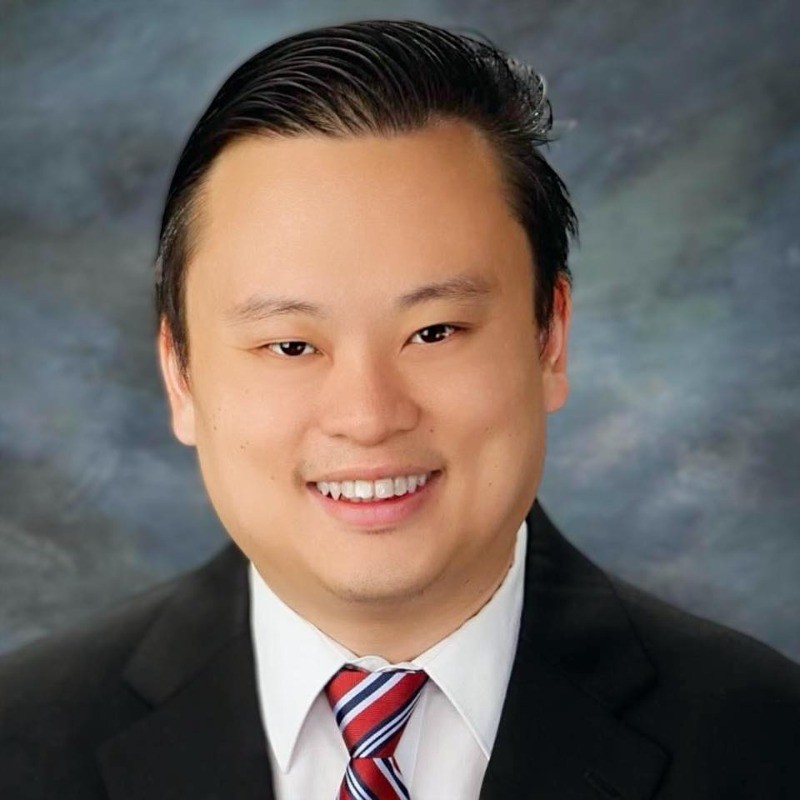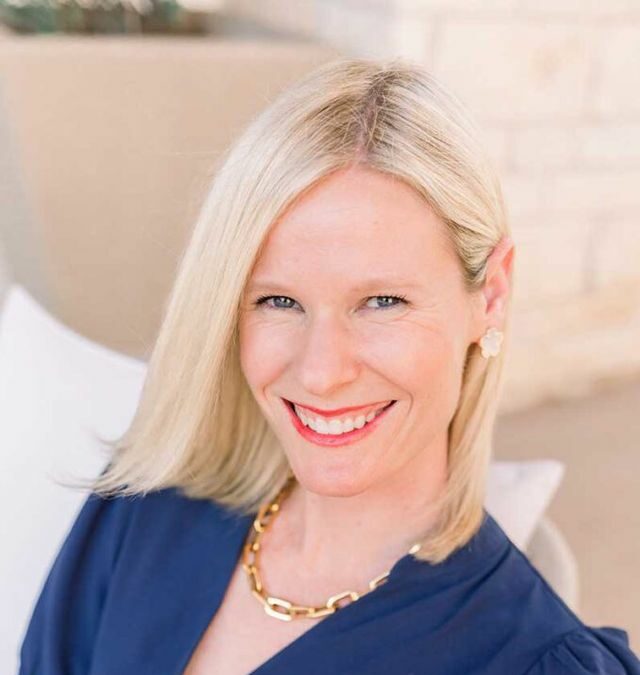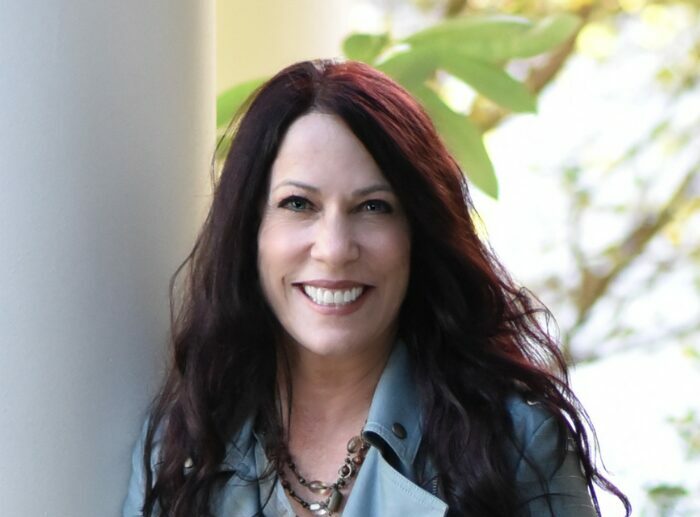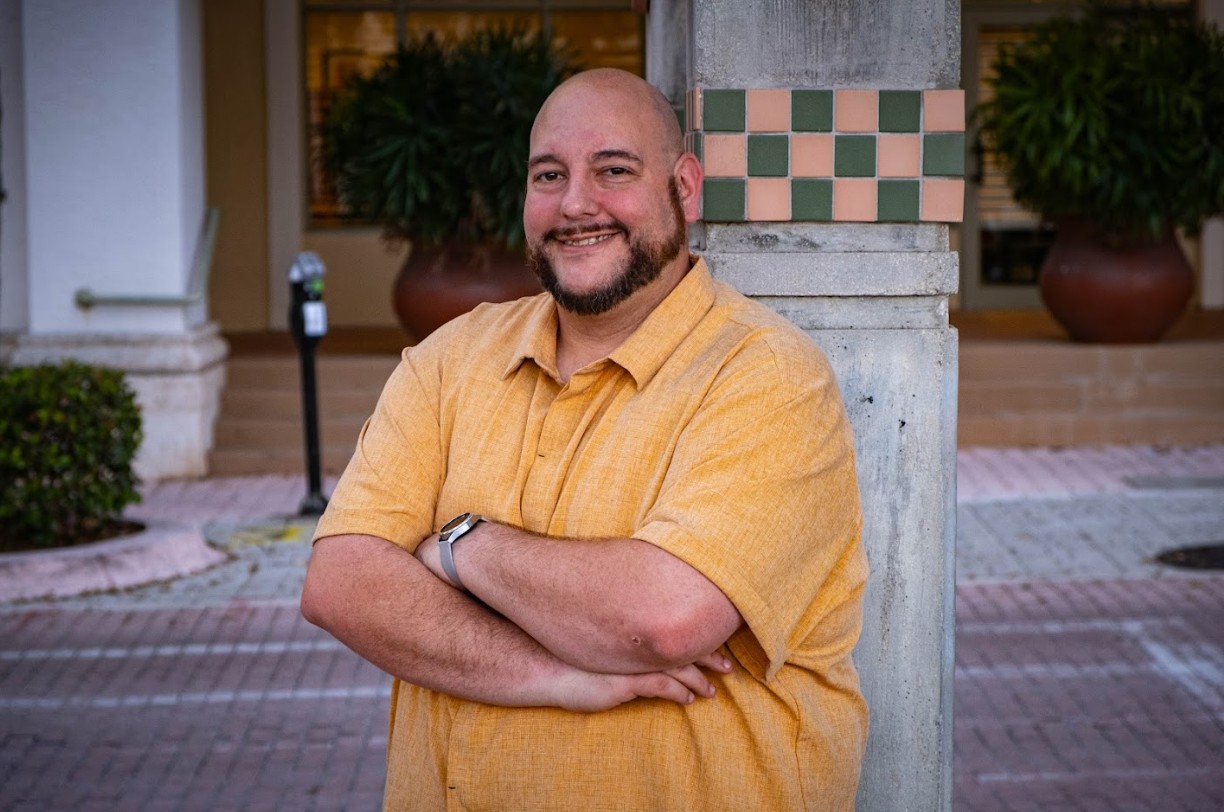We recently had the chance to connect with William Hung and have shared our conversation below.
William, it’s always a pleasure to learn from you and your journey. Let’s start with a bit of a warmup: Have any recent moments made you laugh or feel proud?
Absolutely – two moments stand out. First, I felt incredibly proud when I completed my 12th consecutive accelerated data science course. These were 4-week intensive programs, and being part of the small group that made it through the entire sequence was validating. But what really made me proud was how I developed this AI-enhanced learning methodology that let me not just survive but actually synthesize insights across all these different domains – data quality, forecasting, marketing analytics. My peers and professors noticed, and that felt great.
The second moment actually made me laugh at myself. I just had this strategic meeting with the SAS Education Chair about a potential speaking opportunity, and afterward I realized – here I am, someone who became nationally known for being eliminated from American Idol, now holding my own in an enterprise-level business development conversation about data science education. The irony isn’t lost on me! But honestly, it was validating to realize that my systematic approach to learning and framework development translates into real strategic thinking capability. That meeting confirmed I’m not just imagining that my organizational navigation expertise addresses a real gap – a senior industry leader literally told me it’s something they know they need but can’t develop internally.
So yeah – proud of the academic achievement, and laughing at how far the journey has taken me from that American Idol audition room.
Can you briefly introduce yourself and share what makes you or your brand unique?
I’m William Hung, and yes – I’m that William Hung from American Idol. But these days, I’m a Manager of Data Management and Analytics for Los Angeles County, and I’ve just completed something pretty intense: 12 consecutive accelerated data science courses over the past year. I’m talking 4-week sprints covering everything from data quality to time series forecasting to business marketing analytics.
What I’m building through William Hung Ventures is something I wish had existed when I started in data analytics: realistic business simulations that teach the unglamorous but critical skills data professionals actually need. Not just Python or SQL – I’m talking about navigating legacy systems, managing stakeholders who don’t understand your work, collaborating across departments that speak different languages, and working within bureaucratic constraints that no bootcamp prepares you for.
My unique angle comes from 10+ years in government analytics combined with that entertainment background. I’ve learned that the skills that make data professionals successful aren’t just technical – they’re organizational navigation skills. And I’ve recently had this validated by senior leaders in the data science education space who confirmed there’s a genuine gap here that major providers know they need to address but can’t develop internally.
What makes this special is the delivery format: interactive, low-tech simulations with decision points and real-time audience engagement. Think of it as bringing that entertainment energy to solving a real educational problem. I’m starting with conference speaking opportunities and building toward a scalable training platform that actually prepares data professionals for the messy reality of organizational work – not just the clean datasets in tutorials.
Amazing, so let’s take a moment to go back in time. What part of you has served its purpose and must now be released?
The version of myself that needed external validation to define my worth.
Look, the American Idol experience taught me something profound – I became famous for being eliminated, for being the ‘worst’ singer. For years, I had to wrestle with whether I was defined by that moment, by other people’s assessments of my capabilities.
But completing these 12 consecutive accelerated data science courses – being part of that small group that made it through – that wasn’t about proving anything to anyone else. And when I developed frameworks that impressed senior management, or when I recently sat in a strategic meeting with a SAS Education Chair and held my own in an enterprise-level conversation, those moments weren’t about redemption or validation from the outside.
What I’m releasing is the need to prove I’m ‘more than’ that American Idol moment. Because here’s what I’ve realized: I’m not despite that experience – I’m including that experience. The entertainment background, the public resilience, the ability to engage an audience – those are assets, not baggage to overcome.
The part that must be released is the internal narrative that I need to distance myself from that chapter. Instead, I’m integrating it. The guy who can laugh at himself on national television is the same guy who can create systematic frameworks for complex organizational challenges. Both are authentic. Both serve the work I’m doing now.
I’m releasing the version of myself that saw these as separate identities that needed to be reconciled, and embracing that they’re all just…me.
If you could say one kind thing to your younger self, what would it be?
You’re going to be okay – and not in the way you think.
That American Idol audition? It’s going to become one of the most famous moments in the show’s history, but not for the reasons you hoped. You’re going to feel embarrassed, maybe even humiliated. People are going to laugh, and it’s going to hurt.
But here’s what I wish you knew: your willingness to try, to put yourself out there despite the outcome, is teaching you something incredibly valuable. You’re learning that you can survive public failure and keep going. You’re discovering that resilience isn’t about never falling down – it’s about getting back up with dignity and even humor.
That systematic approach you have, that way you methodically work through challenges? Don’t ever lose that. It’s going to serve you in ways you can’t imagine right now. You’re going to use it to master data science. You’re going to use it to manage analytics teams in government. You’re going to create frameworks that impress people who lead major organizations.
And here’s the beautiful part: you’re not going to have to choose between the entertainment side and the analytical side. They’re both you. The ability to engage people, to laugh at yourself, to be memorable – that’s going to combine with your systematic thinking in ways that make you unique.
So be kind to yourself in that audition room. You’re not failing – you’re learning something about courage that’s going to define everything that comes after.
So a lot of these questions go deep, but if you are open to it, we’ve got a few more questions that we’d love to get your take on. Is the public version of you the real you?
Yes and no – but probably not in the way people expect.
The public version of me on Instagram, doing Cameos, embracing the American Idol story with humor? That’s genuinely me. I’m not performing reluctance or faking enthusiasm. I actually find it fun, and I don’t carry resentment about what happened. That lightheartedness is real.
But it’s also incomplete.
What most people don’t see is the person who just completed 12 consecutive accelerated data science courses. The systematic thinker who develops decision-making frameworks that impress senior government managers. The person who recently held their own in a strategic business development conversation with a SAS Education Chair about data science education gaps.
Here’s what’s interesting: I used to think these were different versions of myself – the entertainment personality versus the serious professional. But I’ve realized they’re both authentic expressions of the same person. The guy who can laugh at himself on national television is the same guy who can methodically work through complex organizational challenges.
The real difference isn’t authenticity – it’s context and audience. On Instagram, people want the entertainment side, and I’m happy to give them that because it’s genuinely who I am in that setting. In my government role or business development work, people need the systematic, strategic thinker, and that’s equally authentic.
So the public version is real – it’s just not complete. And honestly? I’m okay with that. Not everyone needs to see every dimension. The people who need the analytical side get that version. The people who enjoy the entertainment side get that version. Both are me.
Okay, we’ve made it essentially to the end. One last question before you go. What is the story you hope people tell about you when you’re gone?
I hope people say: ‘He turned what could have been just a punchline into something meaningful.’
When people remember the American Idol moment, I hope they also remember what came after. Not as redemption – but as demonstration. That the same qualities that made me memorable in that audition room – the courage to try, the willingness to be vulnerable, the ability to keep going with humor and grace – those weren’t failures of character. They were strengths that served a different purpose later.
I hope data professionals who worked with me or learned from my simulations say: ‘He understood that technical skills alone weren’t enough. He actually prepared us for the messy reality of organizational work.’ That I helped people navigate the unglamorous parts of the job that no one teaches but everyone needs.
I hope my colleagues in government say: ‘He made things better through systematic thinking. He created frameworks that actually worked.’ That I left my teams and the people we served better off than I found them.
But honestly? More than any professional legacy, I hope people say: ‘He was kind. He didn’t let what happened to him make him bitter. He kept trying, kept learning, kept contributing.’
Because at the end of the day, the American Idol moment taught me something profound: your worth isn’t determined by other people’s assessments of your performance in a single moment. It’s determined by what you do with all the moments that follow.
I hope people tell a story about someone who understood that – and lived accordingly.
Contact Info:
- Website: https://www.williamhung.net
- Instagram: https://www.instagram.com/williamhungofficial/?hl=en
- Linkedin: https://www.linkedin.com/in/williamhungofficial/
- Facebook: https://www.facebook.com/william.hung.cbc
- Youtube: https://www.youtube.com/@WilliamHungOfficial
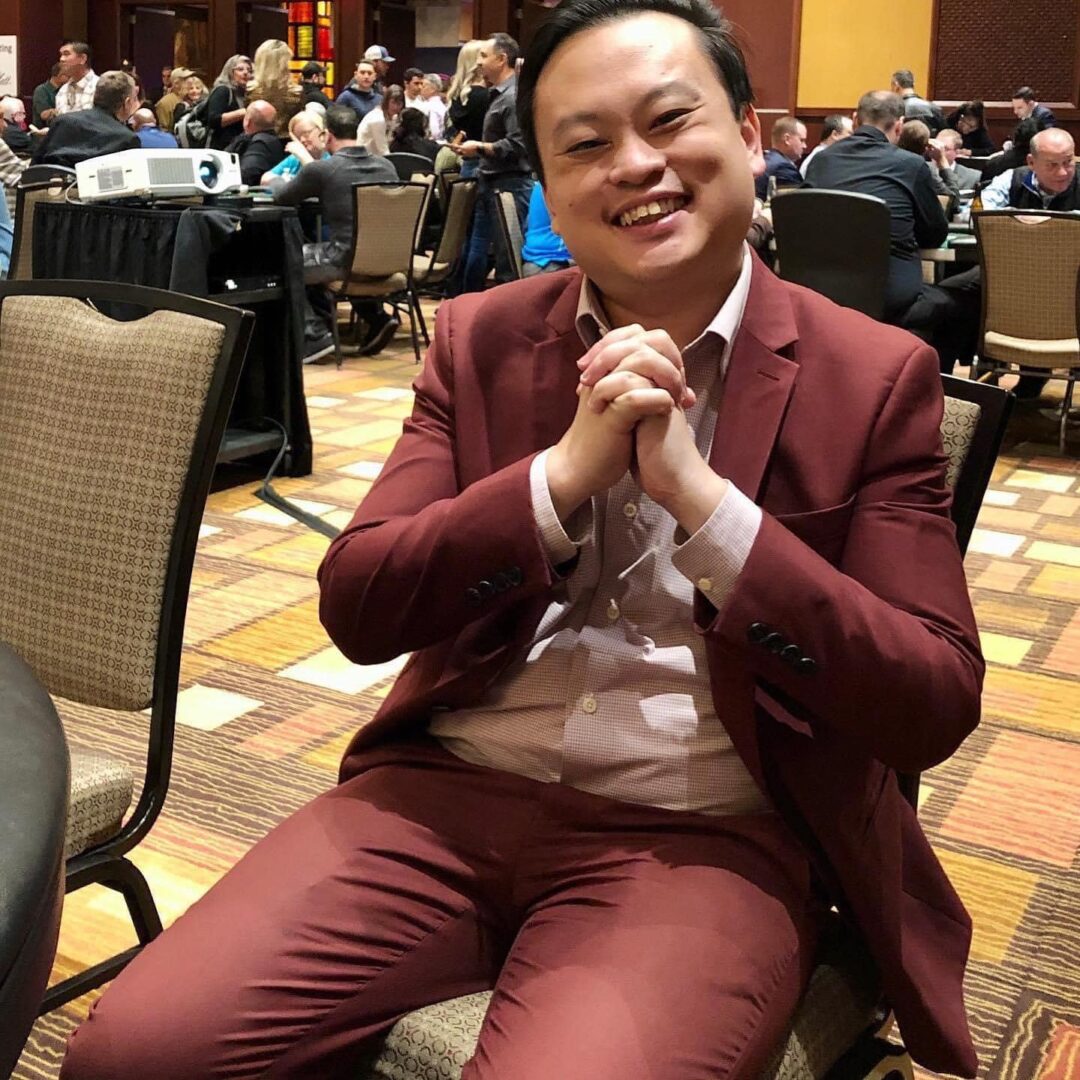
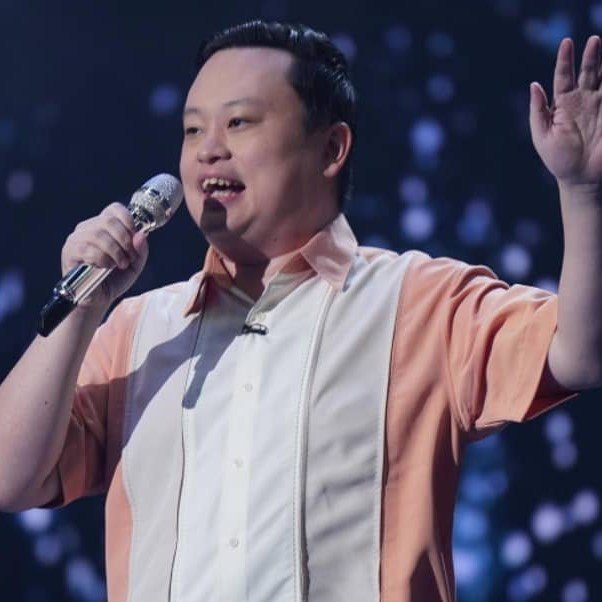
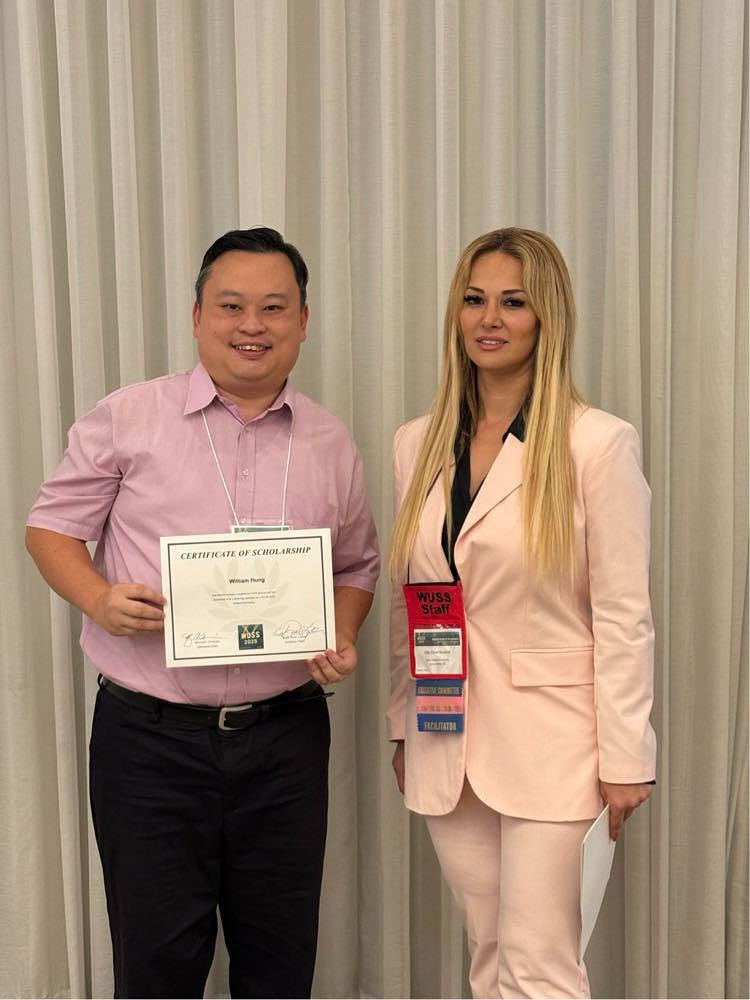
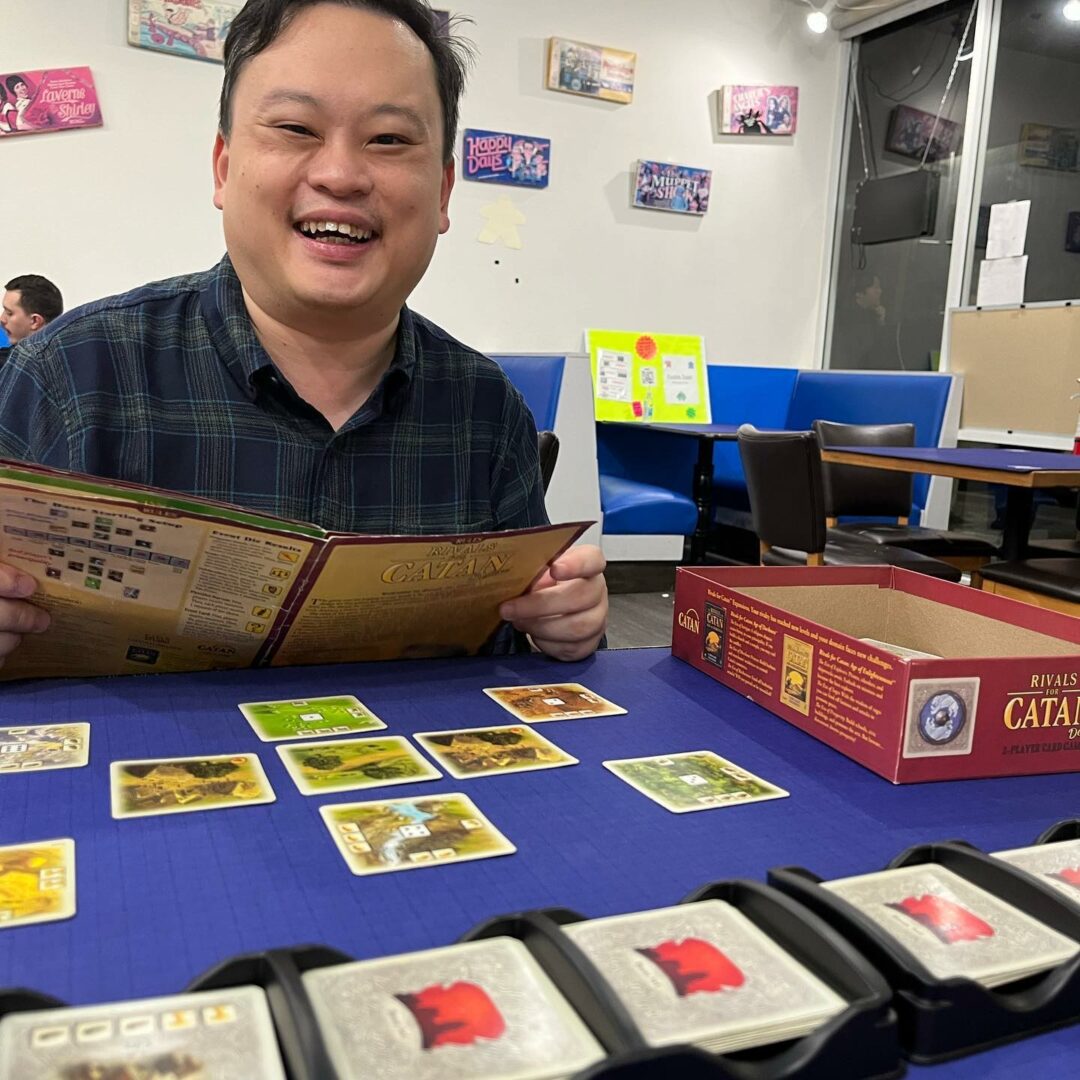
so if you or someone you know deserves recognition please let us know here.

